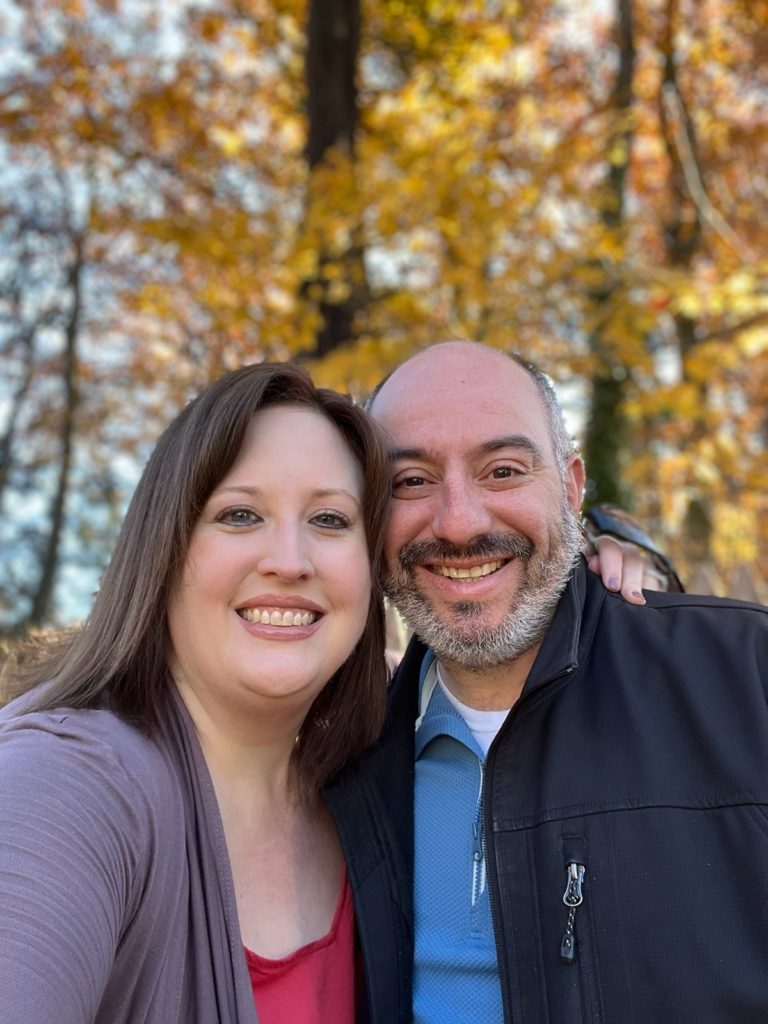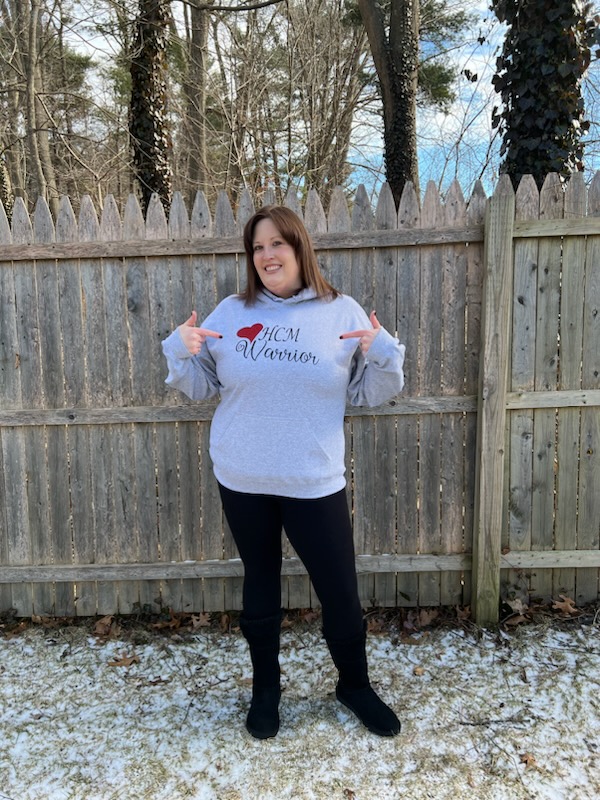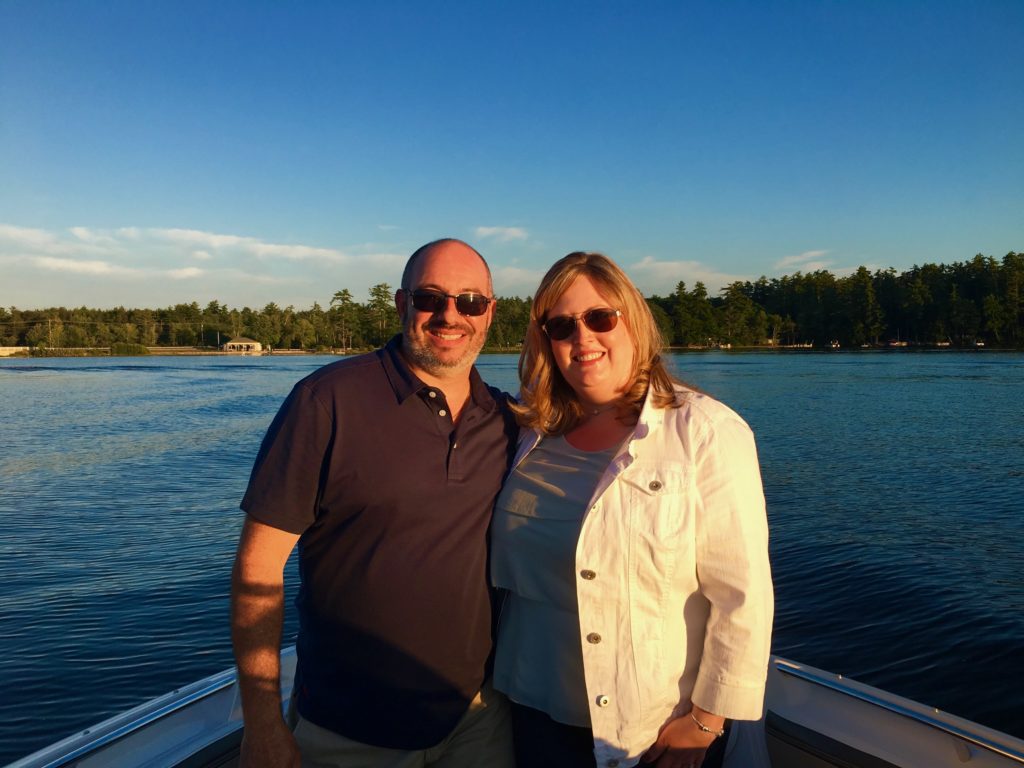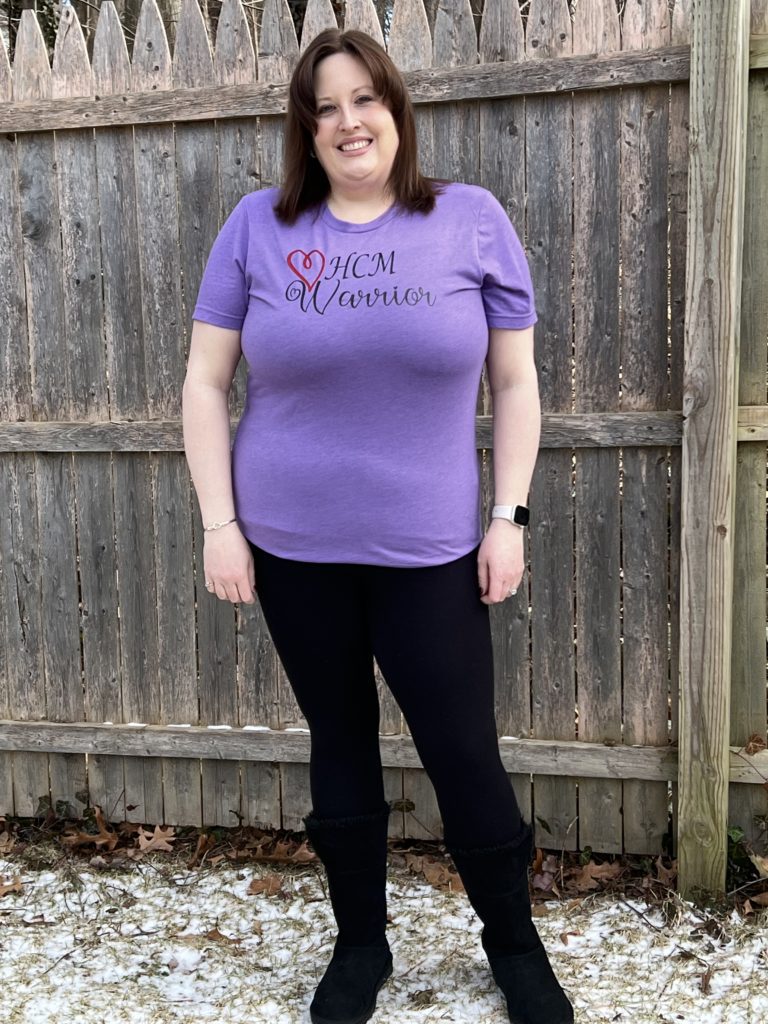Massachusetts - The heart of the matter
Thank you, Massachusetts, for officially declaring HCM Awareness Day in your state!
the hcm act will help identify Cardiac Health issues in patients with a spectrum of Diseases including Hypertrophic cardiomyopathy
Sudden cardiac death (SCD) is a sudden, unexpected death caused by loss of heart function (sudden cardiac arrest). Sudden cardiac death is the largest cause of natural death in the United States, causing about 325,000 adult deaths in the United States each year.
Multiple conditions and risks can make children prone to sudden cardiac arrest (SCA) or sudden cardiac death (SCD) as well as other complications of heart disease. To date, the focus has mainly been only on screening student-athletes.

Lauren Donoghue-Cinelli



By the numbers:
One of the disorders in the spectrum is Hypertrophic Cardiomyopathy which is often misdiagnosed or worse yet - overlooked until it is too late.
But with more attention focused on this problem, we can improve the diagnosis delay.
Like Lauren, there are close to 5,500 Massachusetts State constituents potentially affected with cardiac disorders per EACH State Senator’s District, with up to 860 being Hypertrophic Cardiomyopathy*.
There are up to 1,400 constituents potentially affected with cardiac disorders per EACH House Delegate in Massachusetts with up to 215 being Hypertrophic Cardiomyopathy.
The HCMA has many members from Massachusetts. They share a deep understanding of the benefits of childhood screening and early diagnosis.
To view the full report on the prevalence of cardiac disorders in the state of Massachusetts: Click here
Please, listen to our patient stories, and take action to support the HCM Act. Draft legislation is available for review: https://4hcm.org/health-cardiac-monitoring-act/
Hear from a Massachusetts State constituent - Help save us now:
I live a mostly “normal” life. I call it “normal-ish”.
My name is Lauren Donoghue-Cinelli, I’m thirty-nine years old, and from the Boston, MA suburbs. I’m married and work in marketing for an events company. I live a mostly “normal” life. I call it “normal-ish”.
I was first diagnosed with hypertrophic cardiomyopathy in 2000 at age 16. I had been diagnosed with a heart murmur and was referred to a pediatric cardiologist who made the HCM diagnosis.
HCM runs on both sides of my family. After it was detected in me, my parents and brother were all tested. My dad was also diagnosed with HCM after me, and a few years ago my mom got a call from a family member letting her know that it was detected on her side as well.
Because I was diagnosed at age 16, I had so many other things on my mind. I was caught up in the wonder that is high school, getting my driver’s license and applying for colleges. I took it in stride. It wasn’t until about two months after I was diagnosed that I saw a pile of papers on our family desk that my mom had printed out, all about HCM. The word "sudden death” shouted at me from the paper. I stuffed those papers under my jacket, jumped in my car and went to my best friend’s house to read them. It was the first time I was scared. Seeing those words really freaked me out. Luckily, I had a great
support system with my friends.
Eventually, I started to forget about it, for the most part. I lived my life. I went off to college, studying political science and hospitality/event management. I had some fun years during college and, up to this point, I didn’t have any symptoms.
During a yearly visit in 2005, my cardiologist suggested I go to an HCMA recognized Center of Excellence (COE) so they could evaluate whether or not I needed a defibrillator. I was shocked. After all, my grandfather had had a defibrillator (non-HCM related). I was way too young for that! Plus, I still didn't have a single symptom.
I met with an amazing team of doctors at the COE and together we decided that an ICD was right for me. Two months later I had my first ICD implanted and guess what happened? Absolutely nothing! For seven years, I continued to live life as normal, with no symptoms.
It turns out that I am lucky we made the decision to get an ICD because that device ended up saving my life. The first time my ICD fired was seven years after I received it. One night while eating ice-cream and watching TV with my boyfriend (now husband), I started feeling off. I couldn't pinpoint what was wrong. I just felt strange: a little clammy, nauseous, maybe a little dizzy. After a few minutes I said, "Walk with me to the bathroom, I want to splash some water on my face"; I took three steps and felt myself start to pass out. The ICD fired once and shocked me back into rhythm. It was incredibly scary! I took my first ambulance ride and was admitted to the hospital. It turns out, this was my first bout with atrial fibrillation (a-fib), which had turned into ventricular tachycardia (VT).
That was the beginning of my symptoms. Just a random, quiet night on a couch, watching television.
Over the next few years following that ICD shock, I had many bouts with a-fib, a few rounds of cardioversion, an inappropriate ICD shock (while I was driving alone, that wasn’t fun!), three ablations and many medications to manage my HCM. None of this is easy. I suffered from PTSD after both ICD shocks. After the first shock, my EP told me it was totally normal. After a while, it went away. After my second shock, even though it’s been a few years, I still deal with the lingering effects.
See? “Normal-ish”.
I get asked frequently how I manage all of the appointments, doctors, health insurance, the mental side, and I can tell you this: I don’t have a handle on a lot of it, but I’m very organized, and I know that the most important thing I can do is to control the things that are controllable. I can’t predict when the a-fib is going to come, but I can be as prepared as possible when it does come.
Being organized helps me offset the incredible stress that is sometimes overwhelming. But on most days, having HCM is not overwhelming, because most days I can make it a normal day. My mantra is, once you take the first or next step, whether it be making an appointment, starting a new medication, or going for a test - Try to forget about it! You did your job; you took that step. Settle your mind with a
positive affirmation like, “Ok, I made an appointment to have this checked out, I’m not going to worry about it until then.” You don’t always have to have the big picture, sometimes it’s just enough to know what you’re going to do next. I know from experience that this is easier said than done, but I also know that experience teaches you this important lesson.
Though I live a mostly normal life, I’ve come to accept the precautionary and physical restrictions that HCM demands, and I have a great support system around me. I have close family and friends who have been there for me at the drop of a hat, who know what to do, some even have a spare key to my house in case I’m alone!
When all else fails, and you’re still feeling overwhelmed or stressed, put on a sitcom and drown out the noise in your head. I’m partial to FRIENDS or The Office.
I am thankful for my excellent team of doctors, both past and present – All of whom I owe more gratitude than they will ever know.
